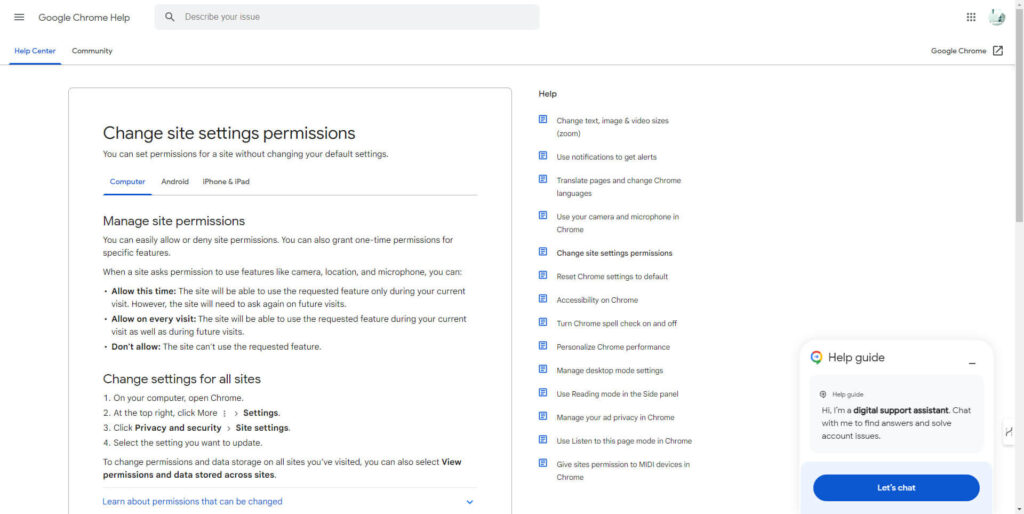Google has recently announced a significant shift in its Google Chrome privacy strategy. Contrary to previous plans to phase out third-party cookies, the tech giant has decided to keep them while introducing new measures to enhance user control over browsing privacy. This decision holds considerable implications for both the advertising industry and the broader landscape of Artificial Intelligence (AI).
This pivot comes as a result of extensive development and testing of Google’s Privacy Sandbox initiative, an ambitious project aimed at balancing user privacy and the need for an ad-supported internet. Initial tests of Privacy Sandbox technologies showed promising results with 89% recovery of advertiser spend and 97% recovery in conversions for Google Display Ads. However, despite these positive metrics, Google has chosen to maintain third-party cookies, citing user control over privacy as a critical factor.
Google’s new approach places a stronger emphasis on user control. This change, under discussion with regulators like the UK’s Competition and Markets Authority (CMA) and Information Commissioner’s Office (ICO), seeks to address privacy concerns while enabling advertisers to continue using their existing tracking capabilities. This shift has sparked numerous discussions within the advertising world, which had been gearing up for a future without cookies.

The implications of Google’s decision are vast:
- AI in Advertising: The continued support for third-party cookies means that sophisticated AI algorithms for targeting and personalization remain effective. This decision supports longer-term stability and facilitates more advanced predictive analytics.
- Regulatory Concerns: By cooperating with regulators, Google aims to mitigate potential privacy risks. AI ethics and the regulation of AI are crucial topics that will gain further prominence as user privacy and data utilization continue to evolve.
- Technological Investments: Companies that had begun investing in cookie-less tracking technologies, driven by AI, might need to reconsider their strategies. This could result in a more balanced approach, leveraging both traditional cookies and modern AI-driven solutions.
Summary of Key Points:
- User Control Focus: Google emphasizes giving more control to users over their privacy settings.
- Advertising Industry Relief: The decision alleviates concerns within the advertising sector about adapting to a cookieless ecosystem.
- AI Opportunities: Maintaining third-party cookies enables continued use of sophisticated AI algorithms for effective ad targeting and personalization.
- Regulatory Discussions: Collaboration with regulatory bodies aims to ensure privacy measures are compliant while still facilitating ad-supported internet models.
Google’s strategic shift brings a renewed focus on balancing AI innovation with user privacy, ensuring that while technology progresses, ethical considerations and user rights remain paramount. This decision exemplifies a cautionary yet opportunistic approach to AI deployment in the advertising industry, ensuring both innovation and compliance co-exist harmoniously.
Source: Google Third Party Cookies

Leave a Reply